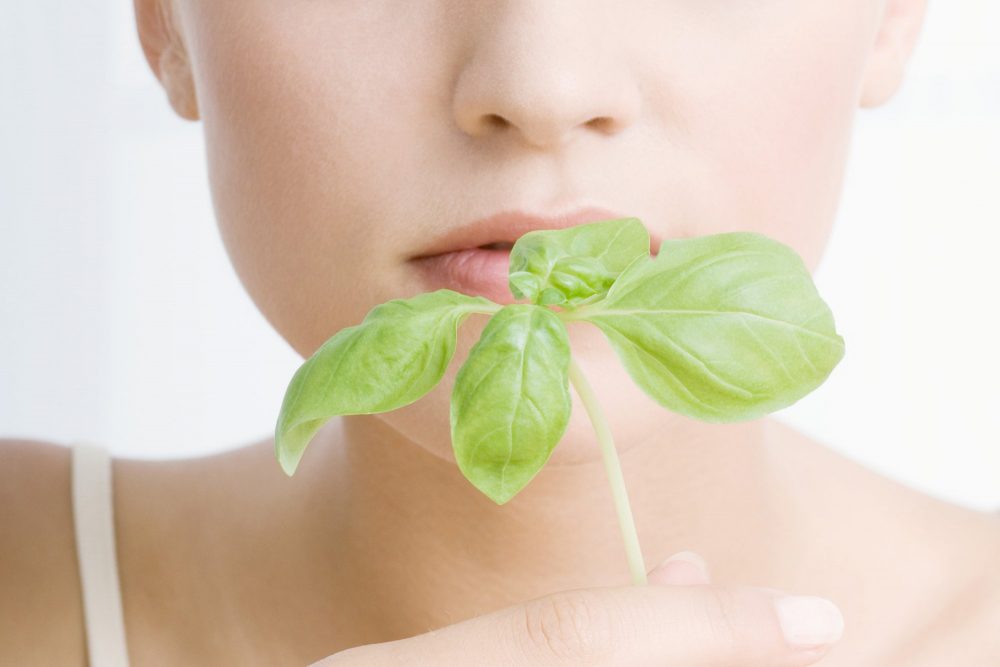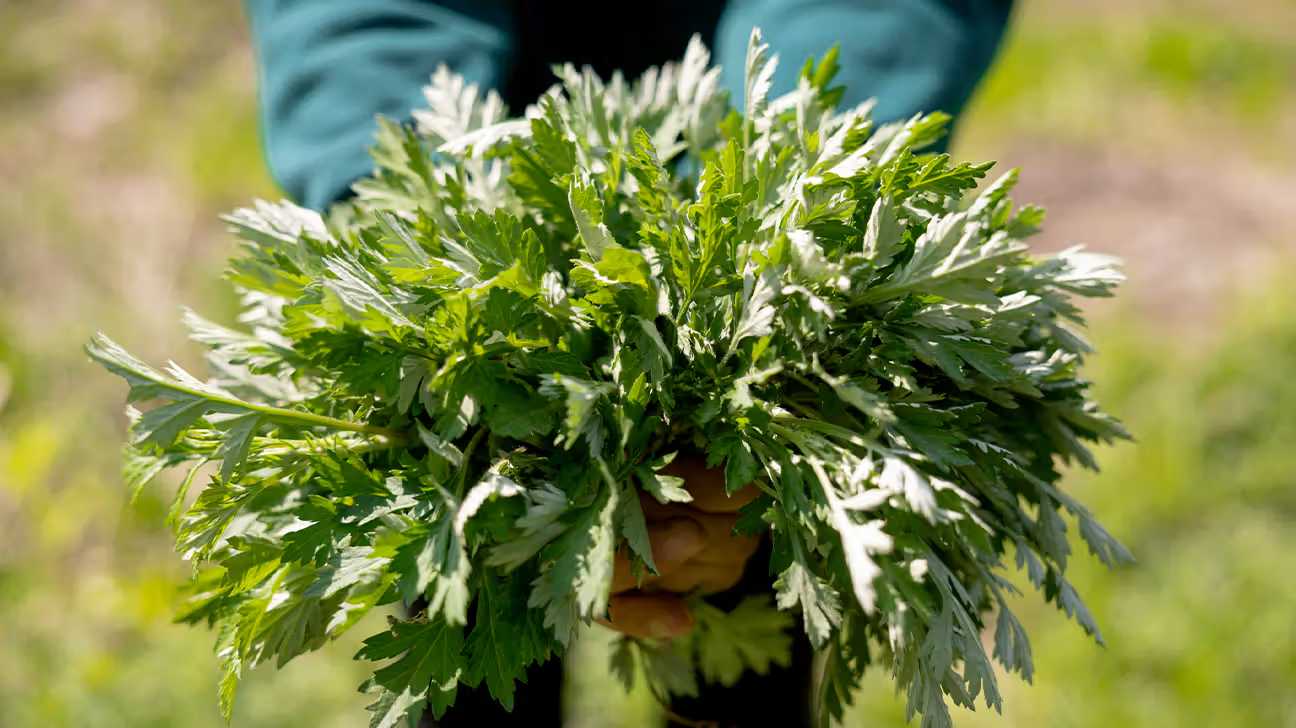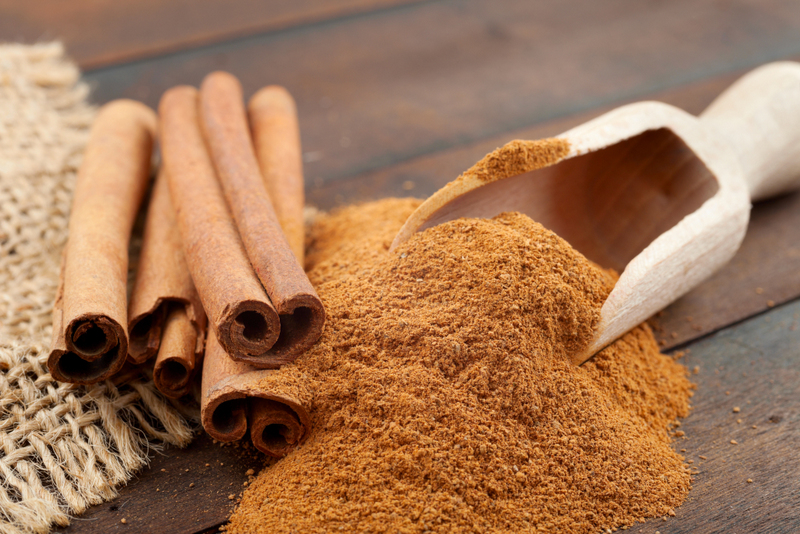
Herbs such as Artemisia vulgaris and Capsella bursa-pastoris promote menstrual and hormonal health. If your period is heavy enough to require changing more often than every one or two hours, or if you have a period that lasts more than a full week, you may be experiencing menorrhagia or heavy menstrual bleeding. Hormonal imbalance is one of the primary reasons for heavy menstrual bleeding, with Uterine fibroid tumors ranking second. Intrauterine devices used for contraception are also a potential cause of heavy menstrual bleeding or menorrhagia.

- Artemisia vulgaris or mugwort (same family as the well-known wormwood) has been used in China to prevent miscarriage in women, and also to reduce and stop excessive and heavy menstrual bleeding. The herb is widely used as an antiseptic. A cool or cold womb is thought to be the cause of infertility in a woman, and mugwort can be used to treat this condition as well. It can also, if used properly, stop a miscarriage from taking place, although this can only be done under the supervision of a qualified medical or herbal practitioner. Menstrual pain can be alleviated successfully with the help of mugwort. It contains a volatile oil, a sesquiterpene lactone, flavonoids, coumarin derivatives, and triterpenes. A common way to use mugwort is by making tea. Soak 1 teaspoon in a cup of hot (non-boiling) water. Sweeten it with a small amount of honey or sugar.
- Capsella bursa-pastoris or Shepherd’s purse: This herb is used for premenstrual problems, long periods, and menstrual cramps. It acts as an astringent, anti-inflammatory, hemostatic, and diuretic. It is used during or after childbirth and to ease difficult menstruation. The leaves are very high in thiamin (B1), choline, inositol, and fumaric acid. They are a good source of ascorbic acid (C), riboflavin (B2), calcium, potassium, and phosphorus. They also provide beta carotene (A), vitamin K, niacin, iron, and rutin. For medicinal use, the whole plant in flower is used (except the roots) usually in the form of a tea or infusion. Either fresh or dried material may be used, but fresh is preferred as the dry material soon loses its medicinal properties.

- Another herb is Cinnamon, which has been used for centuries to manage menorrhagia. Various terpenoids found in the volatile oil are believed to account for cinnamon’s medicinal effects. Important among these compounds are eugenol and cinnamaldehyde. Cinnamon tinctures have been the standard treatment for uterine bleeding before the 1900s. Studies indicate that certain types of cinnamon may inhibit thromboxane A, a substance in the blood that causes blood platelets to clump and clot. This helps to stop heavy periods and abnormal bleeding. Sip a cup (250 ml) of infusion, use 5-10 drops of tincture once or twice a day, chew on a cinnamon stick, or sprinkle cinnamon on everything you eat.
- Alchemilla vulgaris or Lady’s Mantle: Rightfully called a “woman’s healing herb.” Its rich concentrations of tannin make it especially valuable in curbing heavy or excessive menstrual flow. A herbal remedy made from the aerial part of the herb, lady’s mantle has been used in stopping both external and internal bleeding – as well as excessive menstruation in women, the herb has been used in the healing of all kinds of wounds. It also aids in overcoming the symptoms of menopause and can lead to a great improvement in the regularity of the menstrual cycle in the body of the woman. The herbal remedy made from the lady’s mantle is also often prescribed for the treatment of conditions like fibroids and endometriosis in women.
- Beth Root Stock: Trillium erectum or beth rootstock is a flowering plant indigenous to the western United States, according to the “Physicians Desk Reference for Herbal Medicines.” The medicinal parts including the leaves and root are used to make poultices and teas that have a sweet yet acrid taste. This plant is indicated for heavy menstrual bleeding, venous ulcers, hematoma, and head colds. It is contraindicated in pregnancy. The main side effect is gastric irritation which can induce vomiting.
- Yarrow: can reduce heavy menstrual flow if taken during a heavy period. Yarrow is effective for uterine health. Drinking yarrow tea or taking yarrow supplements can regulate the menstrual flow and improve uterine tone. Because of the salicylic acid (the same compound as in aspirin) and anti-inflammatory effects of yarrow, it is an effective pain reliever for menstrual cramps, PMS, and endometriosis. To make your tea, steep 1 to 2 teaspoons of dried yarrow flower for every cup of boiling water and let sit for 10 minutes before straining.
- Chaste tree (Vitex agnus-castus) berry: Its extracts are said to normalize menstrual cycles. It helps regulate irregular cycles during the different phases of a woman’s life cycle. Herbalists often use it with girls who are beginning to establish regular cycles, with women when they are trying to get pregnant, and then with menopausal women to help with hormonal balance and hot flashes. Be patient with this herb, as it generally takes three months of continuous use to reap benefits. You can take 60 drops of tincture or 175 to 225 mg of standardized extract each morning.
Nettle leaf and Hibiscus flower are suggested by some herbalists for managing heavy menstrual bleeding. Calendula officinalis acts as a menstrual cycle regulator and provides a calming effect while Viburnum opulus (Cramp Bark) helps to ease nervous tension and reduce menstrual cramps.
Menstrual chaos is common in menopausal years. Do not despair.